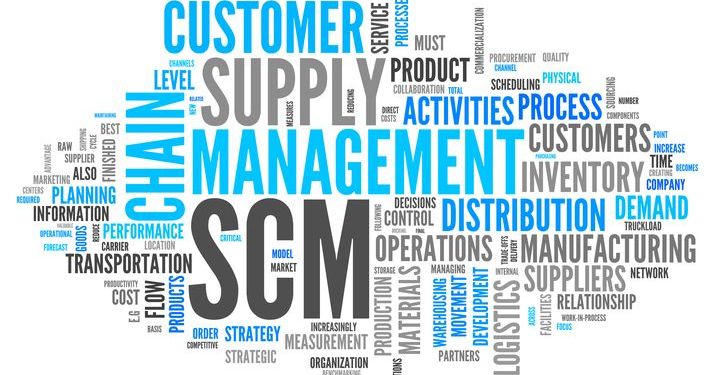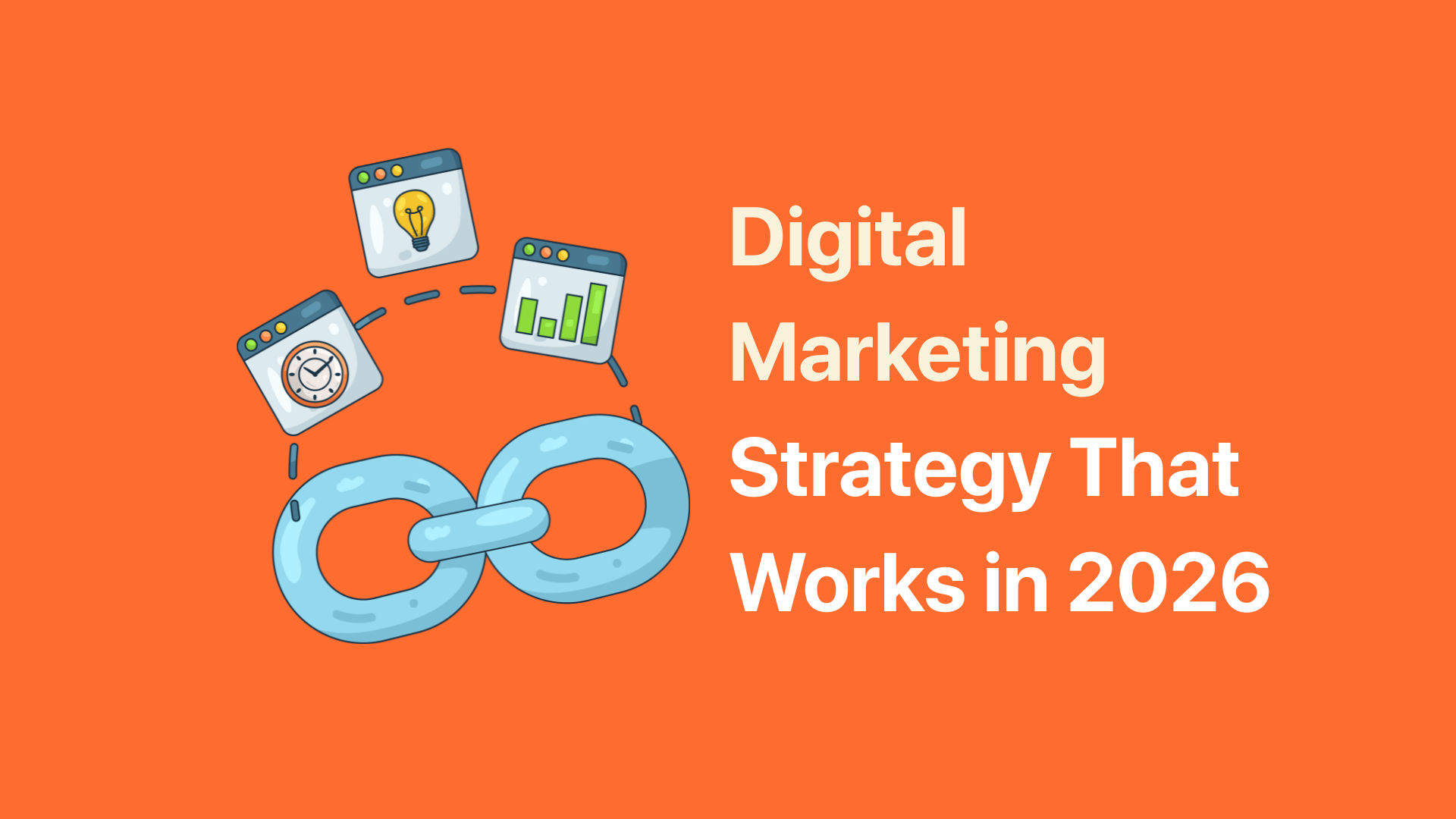Mastering Supply Chain Management for a Successful Career
Setting out on the path of pursuing a Master's in Supply Chain Management can lead to opportunities and insights into what is an infinitely entangled web, serving global trade. If you've lately found yourself thinking about a higher degree, then your desire to crack the mercurial alchemy of supply chain excellence is completely understandable. Exploring the subtleties of why becoming a Master in Supply Chain Management is cool.
Understanding the Landscape: What Is a Master in Supply Chain Management?
A Master's in Supply Chain Management is more than just a graduate degree--it gives you the key to unlocking the mysteries of planning, coordinating, and driving efficient supply chains, from manufacturer through consumer. The anchor text of the advanced degree in masters in supply chain management identifies the ability to see through obstacles and jump at opportunities as a key benefit.
Why Study toward a Master's in Supply Chain Management?
Many times the decision to complete a Master's in Supply Chain Management is motivated by an interest in understanding and mastering that field, which supports much global business. Here are some compelling reasons why individuals opt for this advanced degree:
a. Specialized Expertise: In a Master's program, whether the specialty is logistics or procurement or strategic planning in supply chain management and so on.
b. Career Advancement: For professionals already involved in the field, a master's degree can provide an extra boost to career development. It allows access to managerial positions and makes people attractive commodities in the labor market.
c. Global Perspective: For supply chain management, which is a fundamentally global business, the Master's program offers an ideal opportunity for students to explore international business customs and rules of thumb in various countries around the world as well as their implications on practices related to cross-border flows.
d. Networking Opportunities: Participating in a Master's program puts them next to fellow professionals, industry experts, and teachers. This is an important network that can help their career not only now but into the future as well.
Curriculum Insights: What to Expect
Such a curriculum has been carefully designed to furnish individuals with an in-depth understanding of the basic elements involved with establishing efficient supply chain operations. While specific courses may vary, you can anticipate encountering topics such as:
a. Logistics and Distribution Management: Considers warehousing, transportation, and order fulfillment in getting products from point A to B.
b. Strategic Procurement: Looking at the tactical aspects, from acquiring materials to handing out contracts and maintaining stable relations with suppliers.
c. Supply Chain Analytics: Leveraging data and analytics, taking informed actions to improve the efficiency of processes and overall performance.
d. Risk Management: Understanding and coping with the complexities of all those risk factors that can affect supply chains, from geopolitical matters to natural disasters.
e. Global Supply Chain Strategy: Understanding the subtleties of running a global supply chain including varied markets, laws, and cultural sensitivities.
Real-World Applications: Bridging Theory and Practice
The biggest advantage of a master's in supply chain management is the integration of theory and practice. Others include real-world case studies, industry projects, and business connections so that students can apply what they have learned. With this experience-based training approach, the graduates are not only theoretical experts but can also apply their practical skills to face logistics and supply chain difficulties. For example, in a recent project, students used hardware inventory software to analyze and optimize the inventory management process for a fictional company, resulting in a 25% reduction in inventory costs and a 30% increase in supply chain efficiency.
Trends in supply chain management of the future
With the changing landscape of business, the field of supply chain management also changes. Masters in this field can ride along and even get a step ahead of the curve on future trends. Some emerging trends include:
a. Digital Transformation: In addition, increasing transparency through the use of technologies such as blockchain, artificial intelligence, and the Internet of Things.
b. Sustainability: Facing the environmental wave, supply chains are being integrated and green manufacturing is becoming a reality.
c. Resilience and Agility: A capacity to create flexible, lightweight supply chains that absorb shocks well--like the leaps taken everywhere in many world crises.
d. E-commerce Impact: E-commerce's growing influence is speeding up these developments even further. In supply chain dynamics, it's all about last-mile delivery, inventory management, and the customer experience.
Is a Master's in Supply Chain Management Right for You?
Whether to get a Master's in Supply Chain Management is up to you. Looking forward to a career, want more information about supply chain operations?
Conclusion
To be a master of Supply Chain Management, one has to discover, study, and use. This radical change is a whole new ball game for students: preparing them in real life to go through the multi-dimensional warfare of today's international supply chain.
Naturally, if you can't wait to get in there and start pawing over some of these mysteries or want additional information about supply chain management then a Master's degree in Supply Chain Management is an excellent bridge toward new career vistas.










